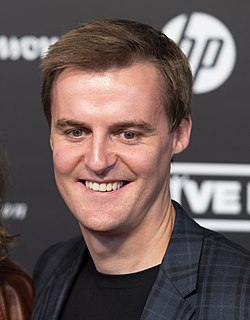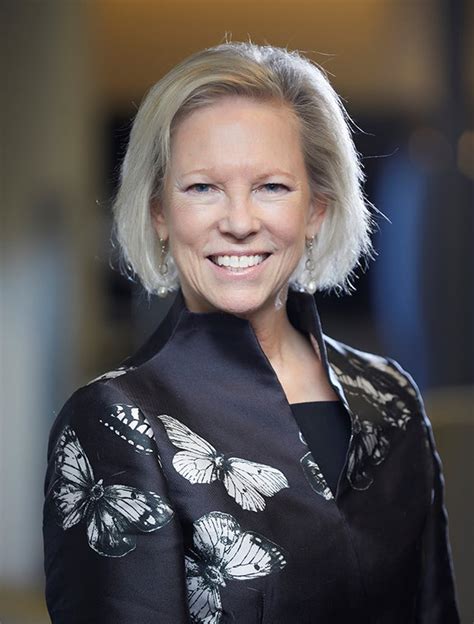A Quote by Hugh Evans
America has a critical place to play in the end of extreme poverty.
Quote Topics
Related Quotes
Tomorrow is Now... If we act, 2015 can be a year for the history books. It can be the year that we put the world on the path to end extreme poverty; the year we place sustainability at the heart of our future; and the year that we agree that every person should be able to lead a life of dignity and opportunity.
Chile has done a lot to rid itself of poverty, especially extreme poverty, since the return to democracy. But we still have a ways to go toward greater equity. This country does not have a neoliberal economic model anymore. We have put in place a lot of policies that will ensure that economic growth goes hand in hand with social justice.
Governments should end the extreme concentration of wealth in order to end poverty. This means tackling tax dodging but also increasing taxes on wealth and high incomes to ensure a more level playing field and generate the billions of dollars needed to invest in healthcare, education, and job creation.
It was shameful that, after Haiti, Colombia was the second most unequal country in Latin America. But we've achieved some things; the inequality is coming down, and coming down fast. The growing economy has provided us with the funds to finance a very progressive social policy that has reduced extreme poverty. We have the lowest inflation rate of all Latin-America countries and the highest growth rate.
Many people theorize poverty, but so many elements of poverty, individually, for most people who theorize about poverty would be really difficult to even comprehend the individual things. Just take homelessness. If you are homeless, what does it mean not to have a post box where people can contact you; what does it mean not knowing where you're going to sleep at the end of the day; what does it mean not having a place where you can store what little you might possess. So dealing with homelessness in itself is a huge thing for most people who are commentators [on] or benefactors to poverty.









































